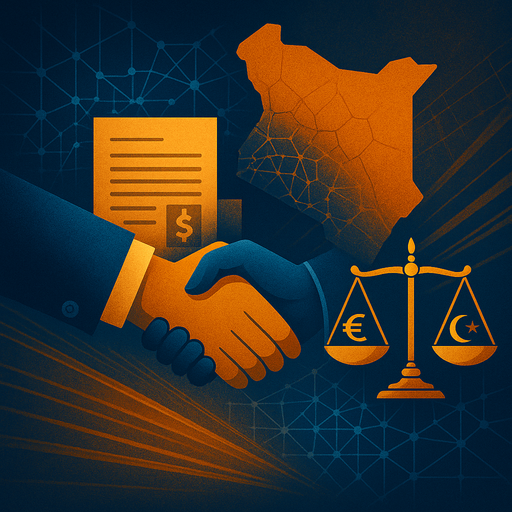The Compliance Landscape in 2025
In 2025, banking and finance institutions must navigate a rapidly shifting regulatory environment; driven by digital innovation, sustainability goals, and heightened consumer protection. From open banking APIs to ESG lending requirements, staying compliant is now both more complex and more critical.
1. Digital Transformation & Data Privacy
- Open Banking Standards: PSD3 in Europe and similar frameworks worldwide mandate secure API access banks must implement robust authentication and consent management.
- Data Protection Laws: Beyond GDPR, new regional privacy regimes (e.g., Brazil’s LGPD 2.0, Kenya’s Data Protection Act updates) require stronger breach notification protocols and data-minimization strategies.
2. Anti-Money Laundering (AML) & KYC Enhancements
- AI-Driven Monitoring: RegTech solutions now leverage machine learning to detect suspicious patterns in real time; institutions should partner with vetted vendors and validate model fairness.
- Enhanced Due Diligence: High-risk sectors (crypto, trade finance) need tiered KYC processes, including beneficial-owner verification and sanctions screening against global watchlists.
3. ESG & Sustainable Finance Mandates
Regulators are integrating Environmental, Social, and Governance factors into capital requirements:
- Green Taxonomies: Align loan portfolios with OECD/UN sustainable finance taxonomies and disclose climate-related risks per Task Force on Climate-related Financial Disclosures (TCFD) guidelines.
- Social Impact Reporting: New mandates may require reporting on community reinvestment and inclusive lending metrics.
4. Crypto & Digital Asset Oversight
With Central Bank Digital Currencies (CBDCs) and DeFi, compliance teams must:
- Register with virtual assets regulators (e.g., FinCEN, MOWLAC in Kenya).
- Implement smart-contract audits to ensure AML controls in token transactions.
- Monitor evolving guidance on stablecoin reserves and interoperability standards.
5. Building a Future-Proof Compliance Program
- Invest in RegTech: deploy scalable automation for reporting, case-management, and audit trails.
- Cross-Functional Teams: embed compliance experts in product, IT, and sustainability units to anticipate risks early.
- Continuous Training: launch mandatory e-learning on new regulations every quarter.
Conclusion
As the finance sector accelerates toward digital, sustainable, and decentralized models, compliance is no longer a back-office checkbox; it’s a strategic enabler of trust and innovation. Institutions that proactively adapt their controls, reporting, and culture will thrive in the evolving regulatory era of 2025.


